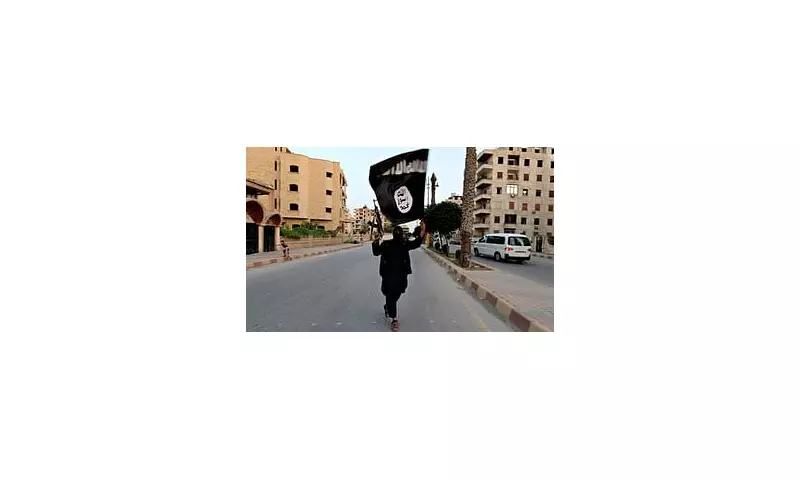
ISIS is experiencing a dangerous resurgence in Syria, capitalising on the security vacuum left by withdrawing US forces and escalating violence across the war-ravaged nation. Intelligence sources report the terror group is regrouping with alarming speed, posing a renewed threat to regional stability.
Deadly Attacks Surge Across Syrian Regions
Security analysts have documented a significant increase in ISIS-led operations throughout Syria. The terrorist organisation has intensified its campaign of violence, with attacks becoming more frequent and sophisticated.
Recent intelligence indicates:
- Over 140 confirmed ISIS attacks in past months
- Expanded operations across eastern and central Syria
- Improved coordination between dispersed cells
- Enhanced fundraising and recruitment activities
Security Vacuum Fuels Terror Regrouping
The gradual withdrawal of American and coalition forces has created ideal conditions for ISIS to rebuild its networks. Without consistent pressure from international forces, the group has exploited governance gaps and local conflicts to re-establish its presence.
"We're witnessing a perfect storm for terrorist regeneration," a regional security expert warned. "Reduced aerial surveillance, diminished ground operations, and ongoing civil conflict have given ISIS the breathing room it desperately needed."
From Defeat to Regeneration: ISIS's Strategic Recovery
Despite suffering major territorial losses in 2019, ISIS never truly disappeared. The group adapted to its diminished circumstances, transforming from a conventional fighting force into a persistent insurgency.
Current assessment shows:
- Active cells operating in remote desert areas
- Renewed extortion and smuggling operations
- Strategic attacks on security forces and infrastructure
- Expanded propaganda efforts to attract new recruits
International Response and Future Projections
Counter-terrorism officials express growing concern about the group's accelerating recovery. The situation threatens to undo years of hard-won progress against the terrorist organisation.
Regional allies and international partners now face critical decisions about how to address this emerging threat without recommitting large numbers of ground troops. The challenge remains balancing security needs against political realities and public war-weariness.
As one defence analyst noted: "The question isn't whether ISIS is back—it's how powerful they'll become before the international community takes decisive action."





